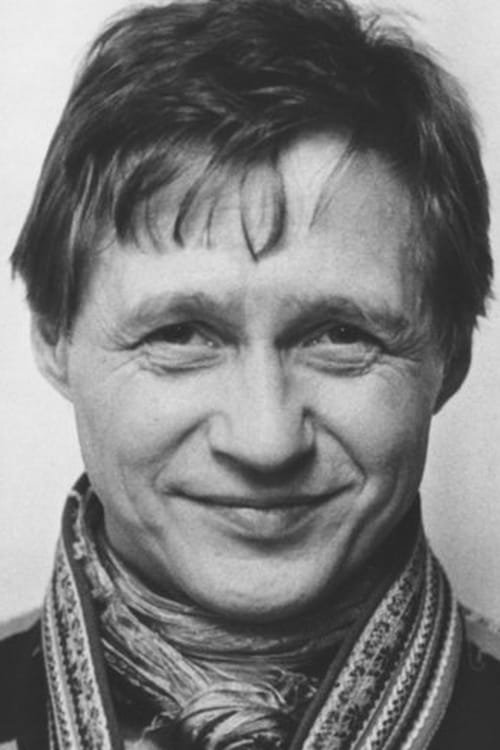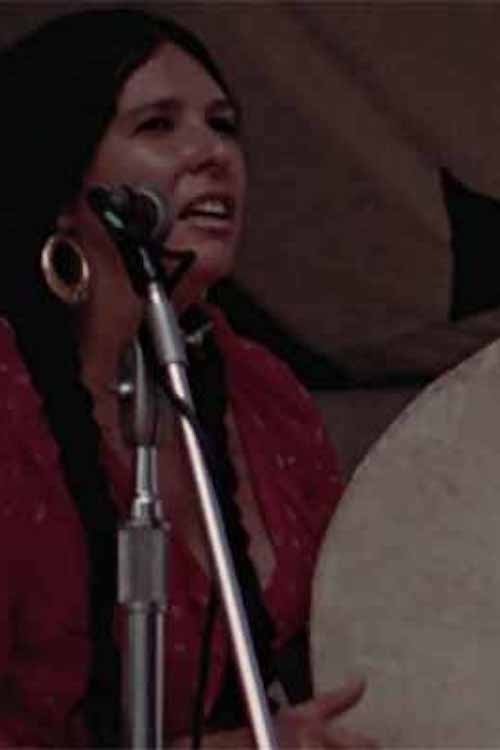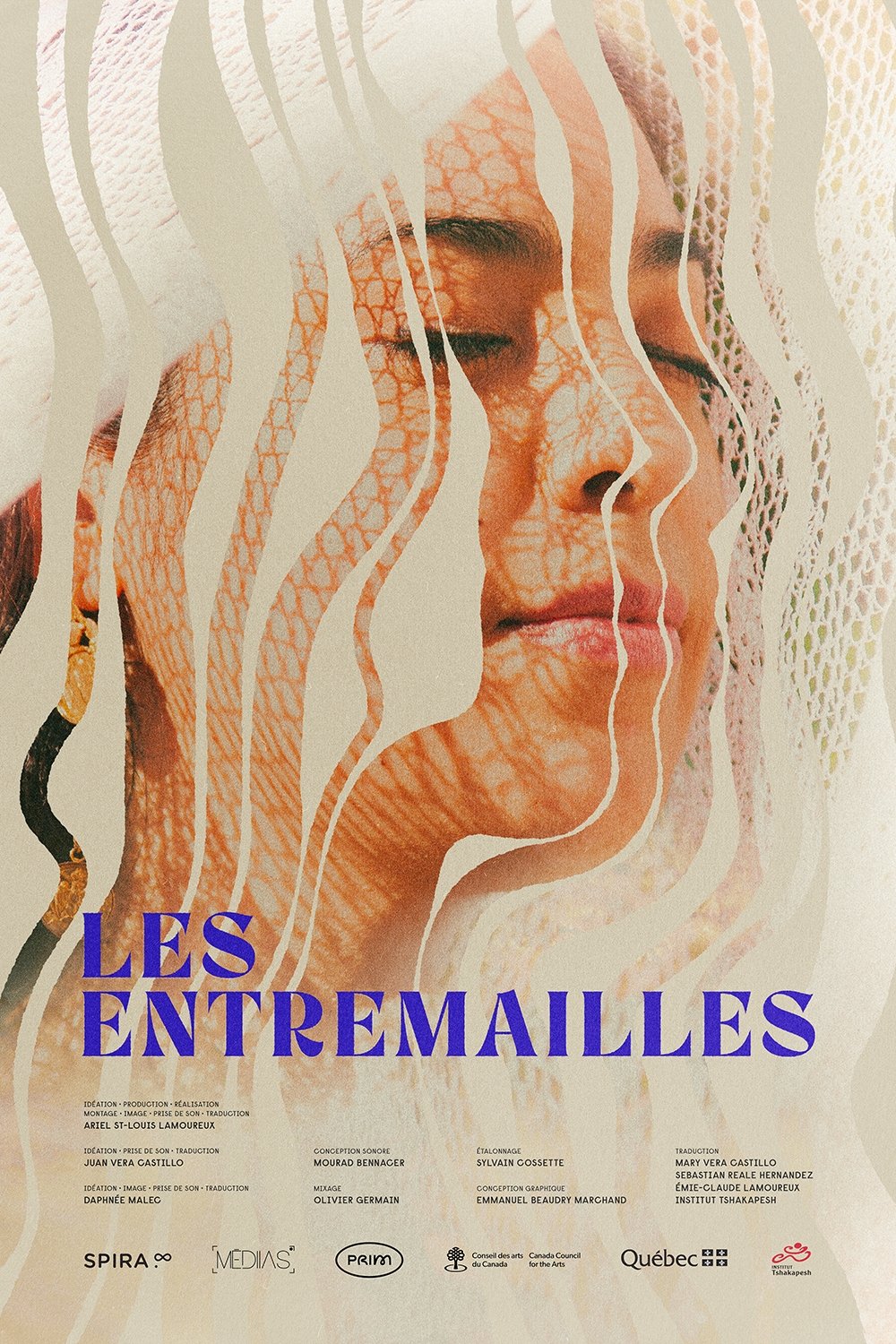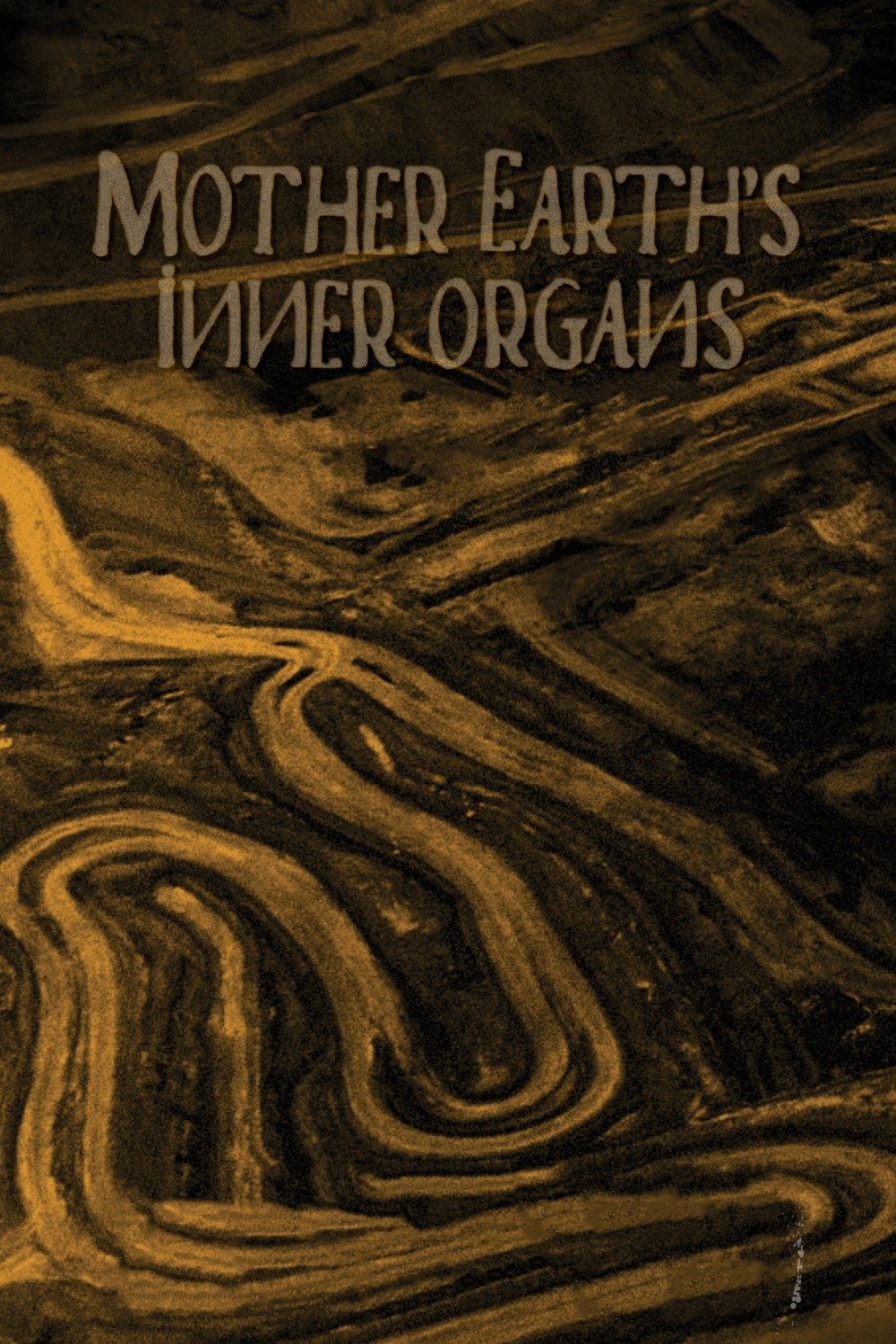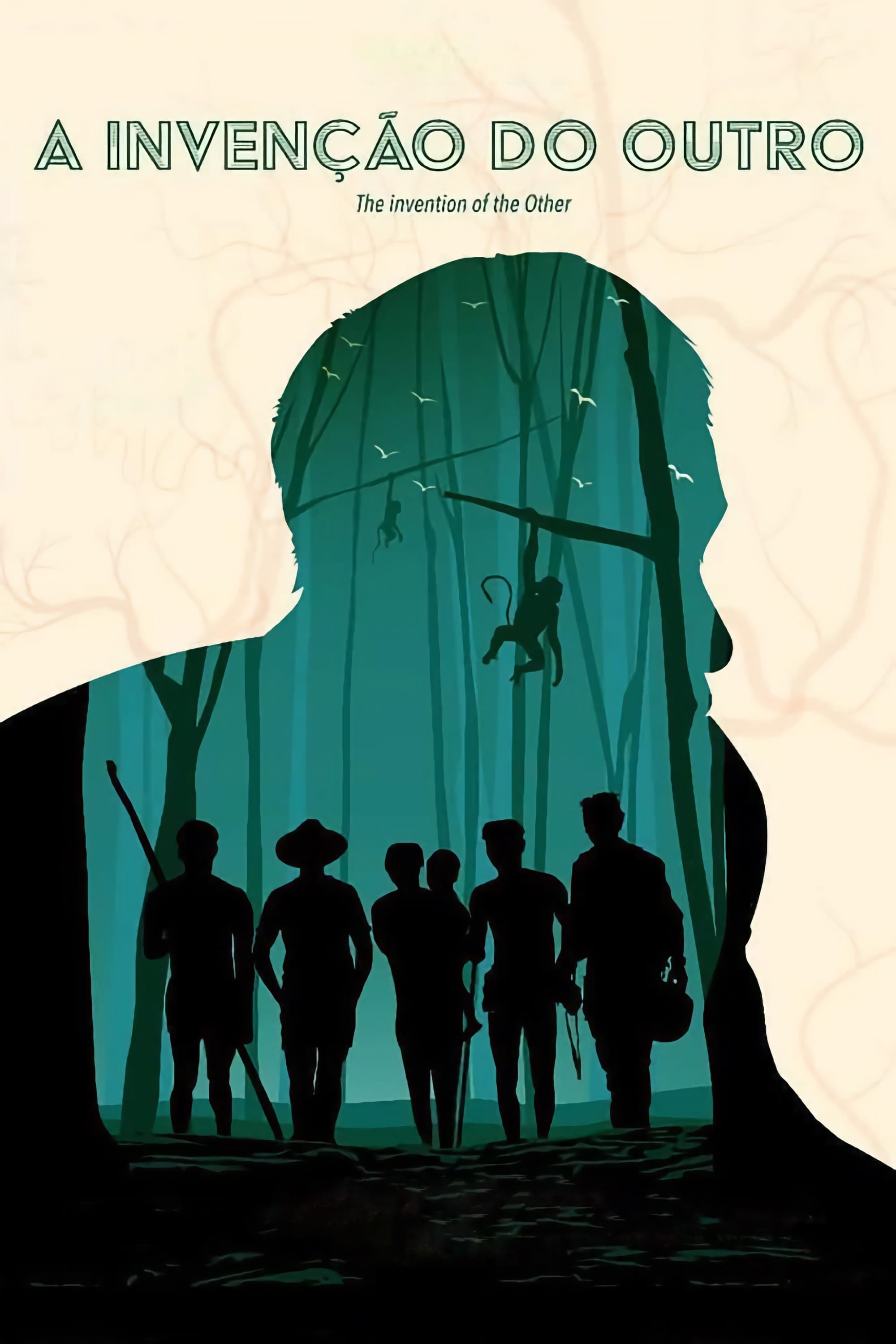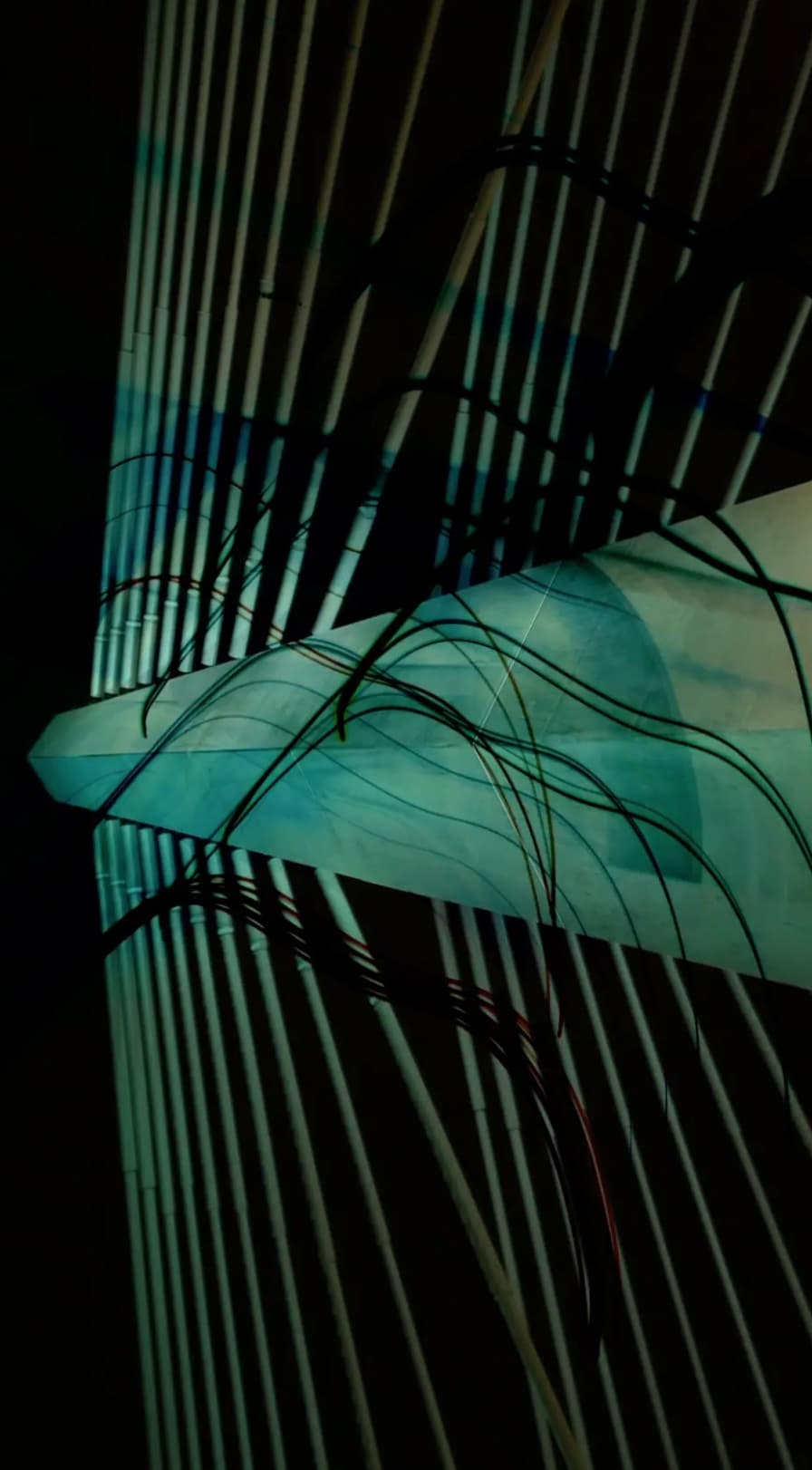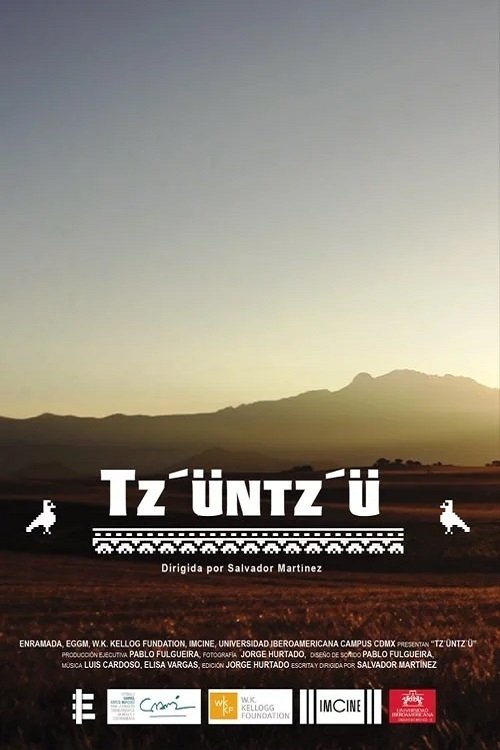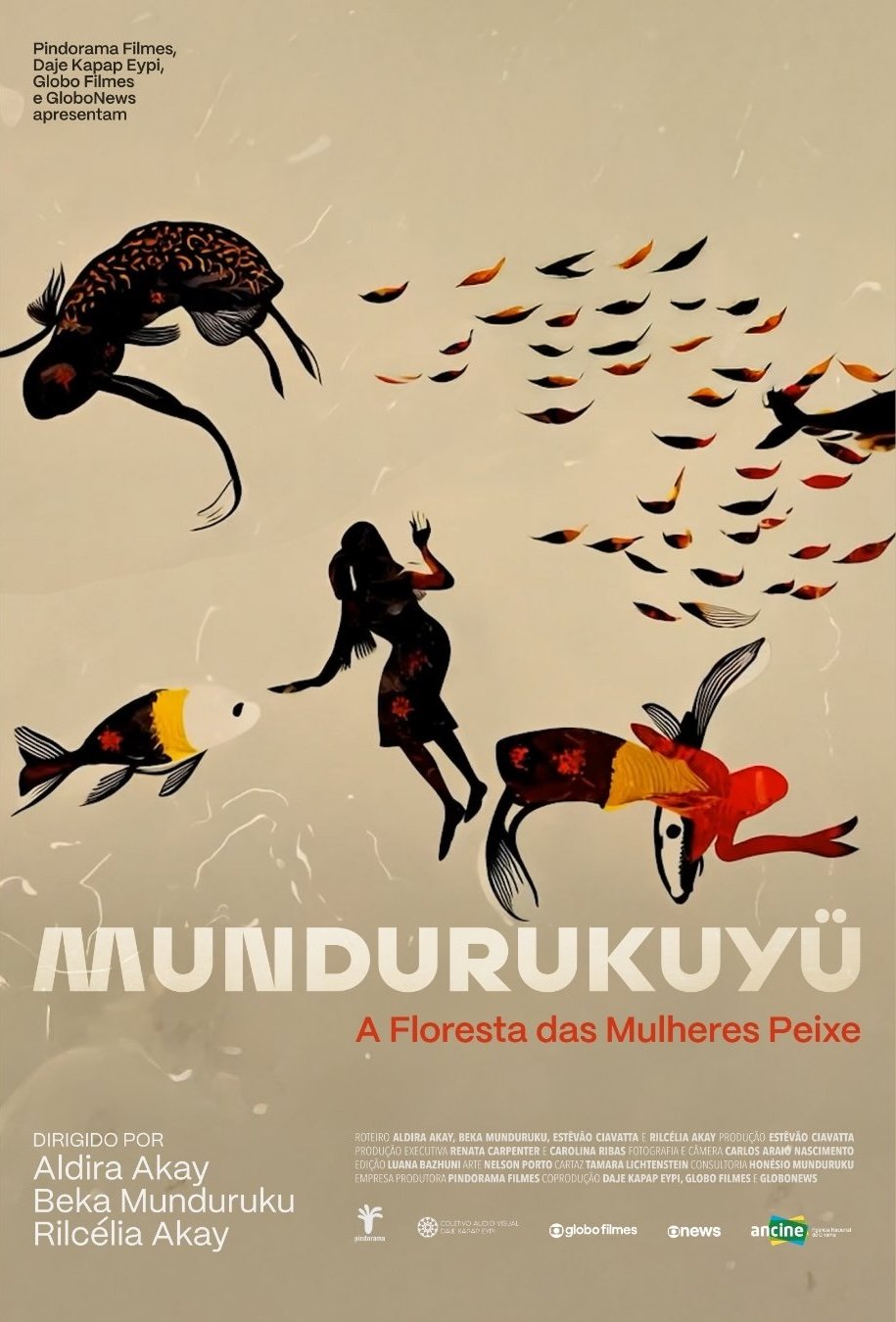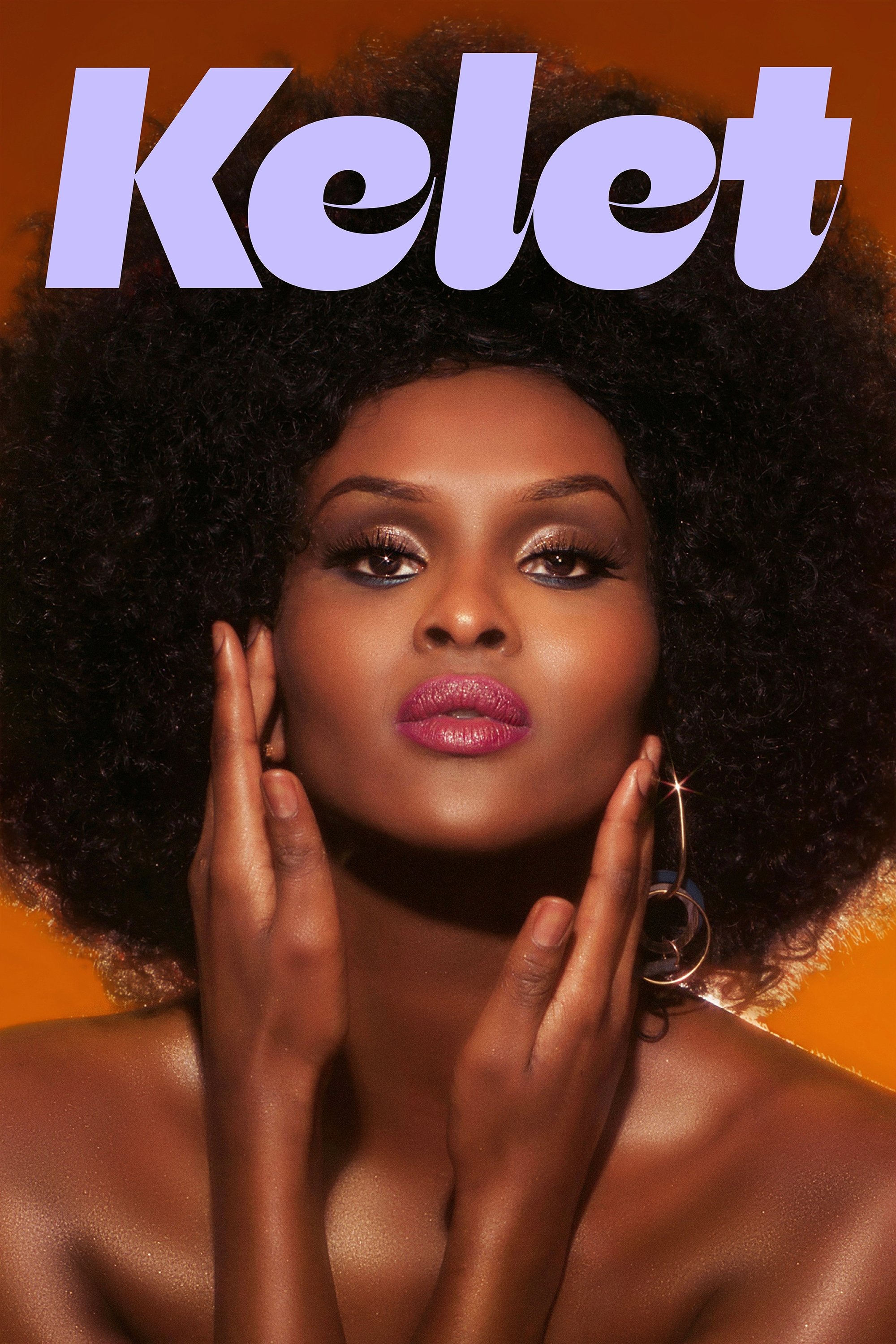
The Wind Is Blowing Through My Heart
Watch Movie
Share
The Wind Is Blowing Through My Heart
2002
0h 29m
0.0(0 votes)
Documentary
Overview
A documentary about Áillohaš (Nils-Aslak Valkeapää), a musician, painter, and poet of the Sámi people in Finland.
Links & Resources
Social & External
Cast & Crew
1 member
Sound
Nils-Aslak Valkeapää
Himself
